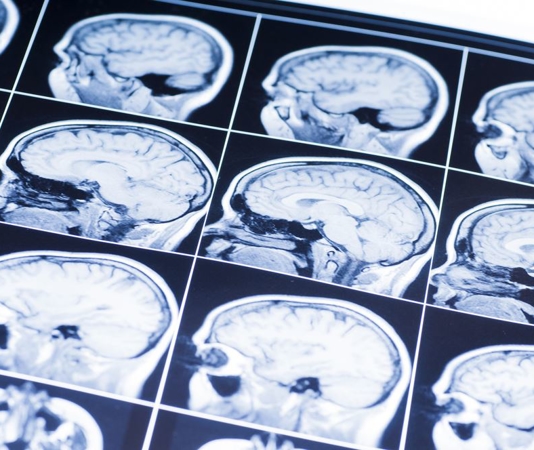Traumatic brain injury (TBI) is a major pediatric health concern, as researchers estimate that 10% of children are likely to sustain a TBI before the age of 10. Even a mild traumatic brain injury (mTBI) in children can cause adverse outcomes such as headaches, dizziness, emotional problems, and impaired cognition. A common complaint among children following mTBI is disturbed sleep. The role of sleep in recovery and daily life has important functional implications for children because may experience behavioral, academic, and emotional challenges as a result of disturbed sleep. Existing studies have shown varying results regarding the prevalence and risk factors associated with sleep disturbances in pediatric TBI, and there is conflicting evidence for the prevalence of sleep disturbances at various time points during recovery.
To better understand the scope of sleep disturbances in pediatric mTBI, a team of researchers conducted a systematic review of 44 previous TBI sleep studies. The study found that:
- About half of children with mTBI experienced sleep disturbance within one week following their injury, which decreased to only 8.9% after one month of injury.
- An estimated two-thirds of children with mTBI experienced drowsiness. Children with mTBI were approximately 14 times more likely to report drowsiness than children without mTBI.
- In the first month following the injury, children with mTBI were twice as likely to report trouble falling asleep than uninjured children. Older childhood age at injury was also associated with increased sleep disturbance.
Sleep is critical for the rehabilitation, successful functioning, and overall health of children with mTBI. Sleep disturbances are generally highest during the acute phase of mTBI and are largely characterized by drowsiness and difficulty falling asleep. The Centers for Disease Control and Prevention (CDC) recommend sleep monitoring following mTBI and urge clinicians to consider the prevalence and symptoms of disturbed sleep (especially in the acute phases of TBI) as they develop treatment plans.
Djukic S, Phillips N, Lah S. Sleep outcomes in pediatric mild traumatic brain injury: a systematic review and meta-analysis of prevalence and contributing factors. Brian Injury. (November 2022).

